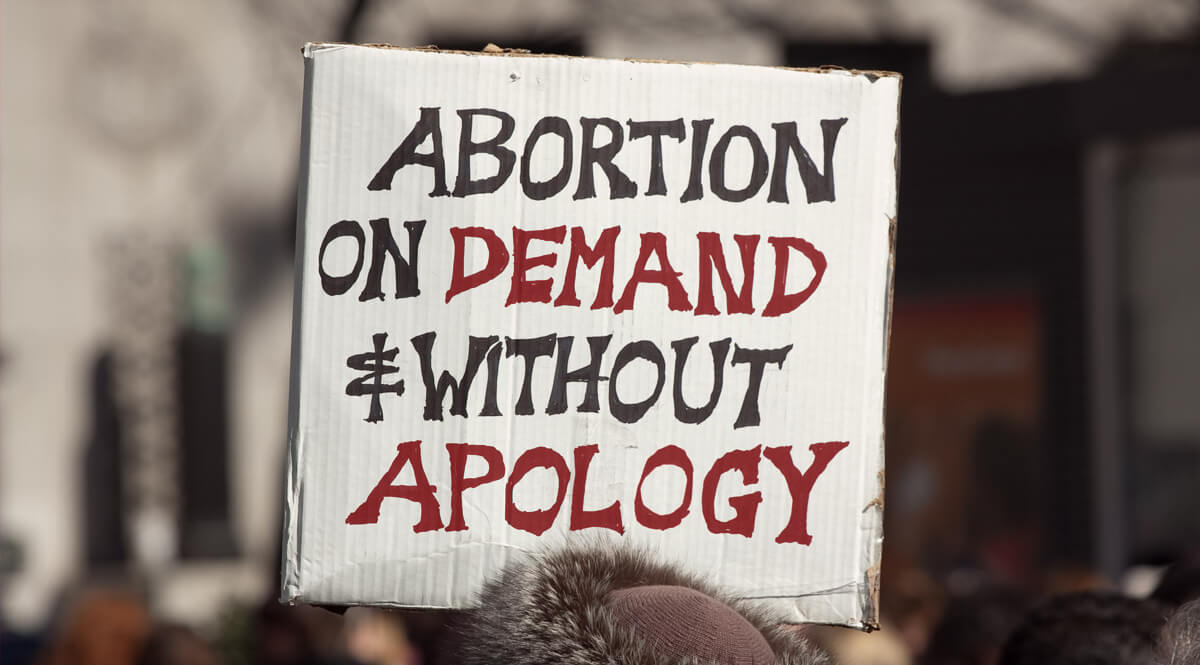Canadian Families Minister Karina Gould said her government wants to help American mothers obtain dangerous abortion drugs if the U.S. bans them.
In an interview Thursday, Gould said the Canadian government “would work to provide” abortions to Americans in response to a lawsuit from OB-GYNs and emergency room doctors who say the abortion drug mifepristone is dangerous and should be removed from the market, The Hill reports.
On Friday, the U.S. Supreme Court allowed the abortion industry to continue selling the drug, reversing a lower court order, but the decision is temporary and the doctors’ lawsuit continues.
Responding to the possibility that abortion drugs could be banned in the future, Gould said Canadian government leaders are considering how to provide abortions to Americans “to make sure that we don’t further endanger, you know, American women who are seeking access to reproductive health care and services, as well as health-care providers,” according to the report.
Gould also falsely claimed states are passing laws “criminalizing women (who) cross state borders to” abort their unborn babies in elective abortions.
Pro-life laws do not punish mothers or prohibit interstate travel. The criminal penalties are for doctors and other abortion workers who kill unborn babies in elective abortions.
SUPPORT LIFENEWS! If you want to help fight abortion, please donate to LifeNews.com!
The abortion drug mifepristone has killed millions of unborn babies in elective abortions in the U.S. since its approval in 2000. Studies indicate the risks to pregnant mothers are more common than what abortion activists often claim, with about one in 17 women requiring hospital treatment.
Right now, federal courts are considering a lawsuit from doctors with the Alliance for Hippocratic Medicine that says the FDA improperly approved the abortion drug and ignored evidence of safety problems. Abortion activists fear the ruling may limit or block the sales of abortion drugs across the U.S.
In Canada, the abortion drug came onto the market in 2017. Since then, at least one mother and thousands of unborn babies have died as a result.
Earlier this year, the Campaign Life Coalition uncovered a government report showing a 19-year-old died of septic shock after taking the abortion drug in 2022.
In the United States, the FDA has linked mifepristone to at least 28 women’s deaths. Under President Barack Obama, the FDA stopped requiring that non-fatal complications from mifepristone be reported, so the number of complications is unknown.
A recent study by the Charlotte Lozier Institute found that the rate of abortion-related emergency room visits by women taking the abortion drug increased more than 500 percent between 2002 and 2015.
Another new study from the University of Toronto, “Short-Term Adverse Outcomes After Mifepristone–Misoprostol Versus Procedural Induced Abortion,” published in the Annals of Internal Medicine, found that one in ten women who took the abortion pill had to go to the emergency room, according to Pregnancy Help News.
Similarly, a 2009 study “Immediate Complications After Medical Compared With Surgical Termination of Pregnancy,” in “Obstetrics and Gynecology” found a complication rate of approximately 20 percent for the abortion drugs compared to 5.6 percent for surgical abortions. Hemorrhages and incomplete abortions were among the most common complications.
Currently, the abortion drug is used for almost half of all abortions in the U.S., killing approximately 400,000 unborn babies every year, according to the Guttmacher Institute.








